Topics - e-Bulletin
University of Electro-Communications publishes September 2018 issue of e-Bulletin
The September 2018 issue of the UEC e-Bulletin includes short video profiles of UEC researchers describing their activities in areas routers and internet traffic, neuroscience, and remote sensing.
Research highlights from high impact publications are 'Isotropization of quaternion-neural-network-based PolSAR adaptive land classification in poincare-sphere parameter space', Fang Shang; 'Elucidating mechanisms of voluntary control of human multi-muscle', Shunta Togo; and 'Next generation router architecture: packet processing prediction', Hayato Yamaki.
The Topics section features research updates on 'Data science research on improving service design' by Kazushi Okamoto.
News and Events are 'The 50th Anniversary International Symposium for Space Science and Radio Engineering (SSRE)' and 'Researchers from Sebelas Maret University give lectures on thermo-fluid engineering'.
Research Highlights
Next Generation Router Architecture: Packet Processing Prediction
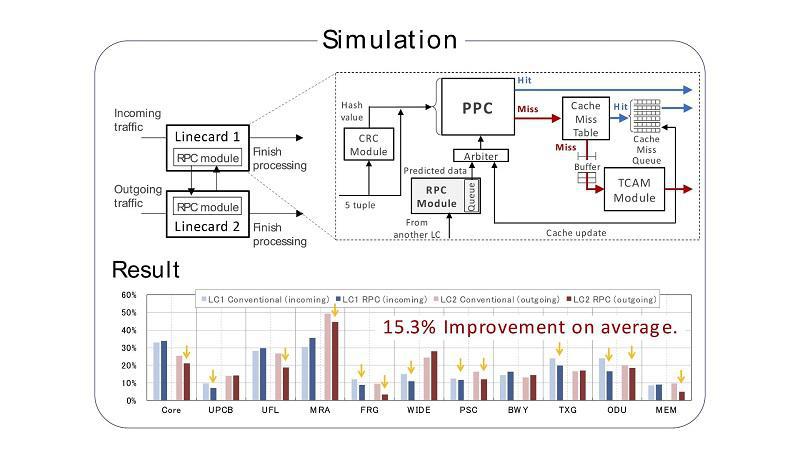
Recently, dramatic increases in the volume of internet traffic has become a serious problem for routers due to strict demands for high throughput. To make matters worse, it is reported that the total power consumption of network devices is expected to reache several percentage of the total power generated in the world. Hence routers must achieve higher throughput with lower power consumption.
Elucidating mechanisms of voluntary control of human multi-muscle
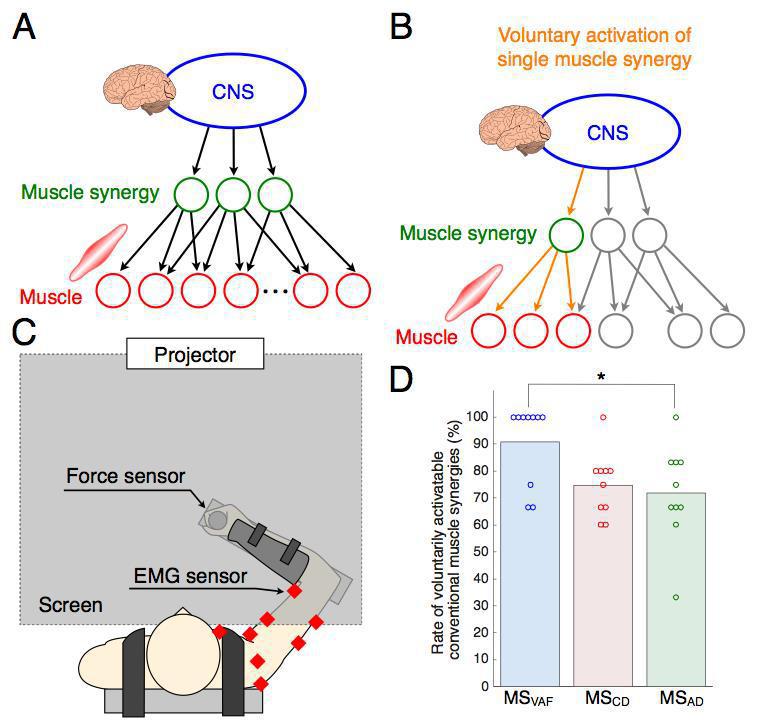
The human body is actuated by many muscles and the central nervous system (CNS) has to control such a redundant system. To simplify the control problem, the CNS controls the muscle synergy that is a functional group of some muscles. The muscle synergy hypothesis has been supported by many studies of electrophysiology and computational neuroscience.
Isotropization of Quaternion-Neural-Network-Based PolSAR Adaptive Land Classification in Poincare-Sphere Parameter Space
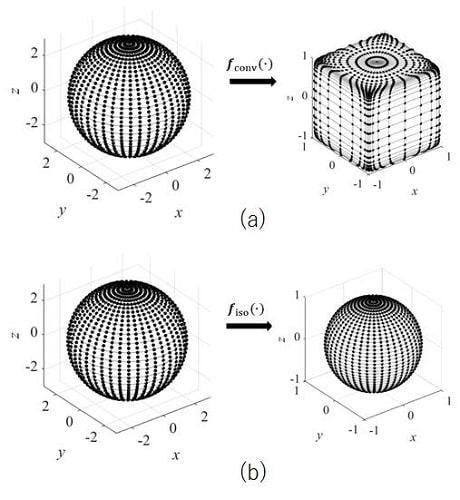
Quaternion neural networks (QNNs) achieve high accuracy in polarimetric synthetic aperture radar classification by working in Poincare-sphere-parameter space.
Researcher Video Profiles
Hayato Yamaki, Assistant Professor, Department of Computer and Network Engineering.
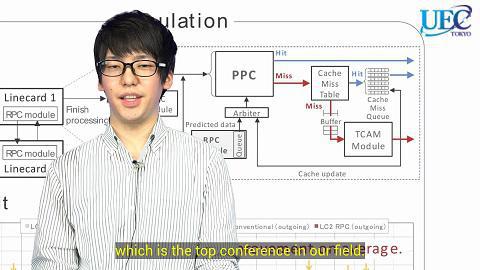
Hayato Yamaki is conducting research on the internet, mainly among routers. Recently, the internet is being used for applications such as IoT, Machine-to-Machine, and cloud services. However, this has led to various problems. For example, the massive increase in the amount of information traffic has led to the problem that enough security functions cannot be secured for communication using devices with low computing power such as IoT.
Shunta Togo, Assistant Professor, Graduate School of Informatics and Engineering.
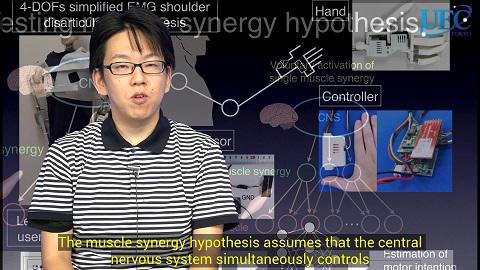
The objective of Shunta Togo's research is to elucidate a control mechanism of redundant human body and apply it for robot control. Humans can perform flexible and varied movements by co-ordinated control of their redundant joints and muscles. By elucidating such a dextrous control mechanism, Togo would like to achieve human like control of a robot, especially of the man-machine fusion system, such as a prosthetic hand.
Fang Shang, Assistant Professor, Graduate School of Informatics and Engineering.
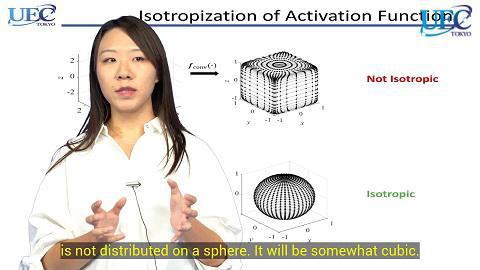
Fang Shang is working on the interpretation and applications of data from Synthetic Aperture Radar (SAR). Previously, Shang proposed a method based on stokes vector. One of the topics is how to use stokes vector based parameters for supervised land classification. Usually, quaternion neural networks (QNN) are used. But recently, Shang found that the processing in a QNN is not always isotropic.
Topics
Data science research on improving service design

Kazushi Okamoto conducts research on data science to improves services by discovering appropriate knowledge from data and applying it. His research is based on statistics, computer science, machine learning, computational intelligence, and knowledge about specific services. Okamoto is particularly interested in fundamental techniques and applications of collection and analysis of behavior logs such as purchase histories and access logs. He targets services that are provided in the real-world and cyberspace.
News and Events
The 50th Anniversary International Symposium for Space Science and Radio Engineering (SSRE) held at UEC, Tokyo

The 50th Anniversary International Symposium for Space Science and Radio Engineering (SSRE) ( Electromagnetic Environment Measurements and their application ) was held on 25-26 June 2018 at the University of Electro-Communications (UEC), Tokyo.
Researchers from Sebelas Maret University give lectures on thermo-fluid engineering at UEC, Tokyo.
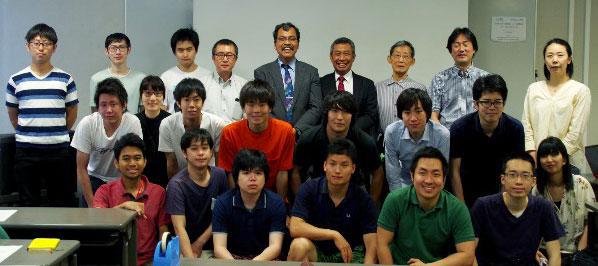
The lectures on thermo-fluid engineering from Sebelas Maret University (UNS), Indonesia, were given on 29 June 2018 and hosted by Okawa and Enoki Laboratory in UEC.

